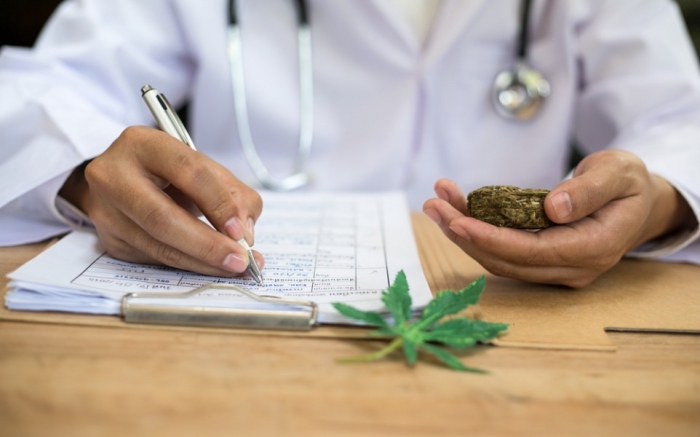You are here
Home 🌿 Medical Cannabis News 🌿 Canadian Government Must Make It Easier To Study Cannabis, Say Researchers 🌿Canadian Government Must Make It Easier To Study Cannabis, Say Researchers

The Canadian government must make it easier to study cannabis, say the country’s top cannabis academics and public health researchers in an open letter to politicians.
“Under widespread global prohibition, cannabis research has been limited by the criminalization and stigmatization of cannabis use and users, leading to substantial gaps in knowledge around the harms and benefits of both medical and non-medical cannabis,” reads the letter sent to federal decision-makers on the letterhead of the British Columbia Centre on Substance Use.
“For example, although cannabis’ role as a pain reliever is increasingly well known, urgent questions remain about what effect increasing access to medical cannabis might play in the response to the ongoing opioid overdose crisis. Now is the time to ensure biomedical, epidemiological, and social sciences cannabis research is prioritized; supported with adequate funding; and facilitated through reduced administrative barriers.”
The letter was signed by organizations including the BC Cancer Agency and the Canadian AIDS Society, along with researchers like Julio Montaner (renowned for his work on HIV/AIDS) and Mark Ware (a McGill pain researcher and vice-chair of Canada’s federal panel on legalization.)
In the letter, researchers express their concern that not enough is being done to adequately examine Canadians’ cannabis consumption habits before legalization.
Health Canada spokesperson Maryse Durette has said the federal government has already started gathering such data, pointing to a new Canadian Cannabis Survey that will “monitor patterns of and perceptions around cannabis use amongst Canadians, including youth, on an annual basis.”
She also made reference to a recent call for research proposals by the government-funded Canadian Institutes of Health Research, which will award 10 grants of up to $100,000 next March for yearlong projects.
But researchers fear it’s already too late to gather meaningful data ahead of the government’s proposed date for full legalization – July 1, 2018. That’s because grant recipients have to undergo lengthy ethical reviews and recruiting processes, said M.J. Milloy, an infectious-disease epidemiologist studying the therapeutic effects of cannabis at the BC Centre on Substance Use.
“It’s not a quick process and so it will be very challenging,” Milloy said. “We can’t unring the bell as soon as they start selling legal cannabis – that’s it.”
420 Intel is Your Source for Marijuana News
420 Intel Canada is your leading news source for the Canadian cannabis industry. Get the latest updates on Canadian cannabis stocks and developments on how Canada continues to be a major player in the worldwide recreational and medical cannabis industry.
420 Intel Canada is the Canadian Industry news outlet that will keep you updated on how these Canadian developments in recreational and medical marijuana will impact the country and the world. Our commitment is to bring you the most important cannabis news stories from across Canada every day of the week.
Marijuana industry news is a constant endeavor with new developments each day. For marijuana news across the True North, 420 Intel Canada promises to bring you quality, Canadian, cannabis industry news.
You can get 420 Intel news delivered directly to your inbox by signing up for our daily marijuana news, ensuring you’re always kept up to date on the ever-changing cannabis industry. To stay even better informed about marijuana legalization news follow us on Twitter, Facebook and LinkedIn.




